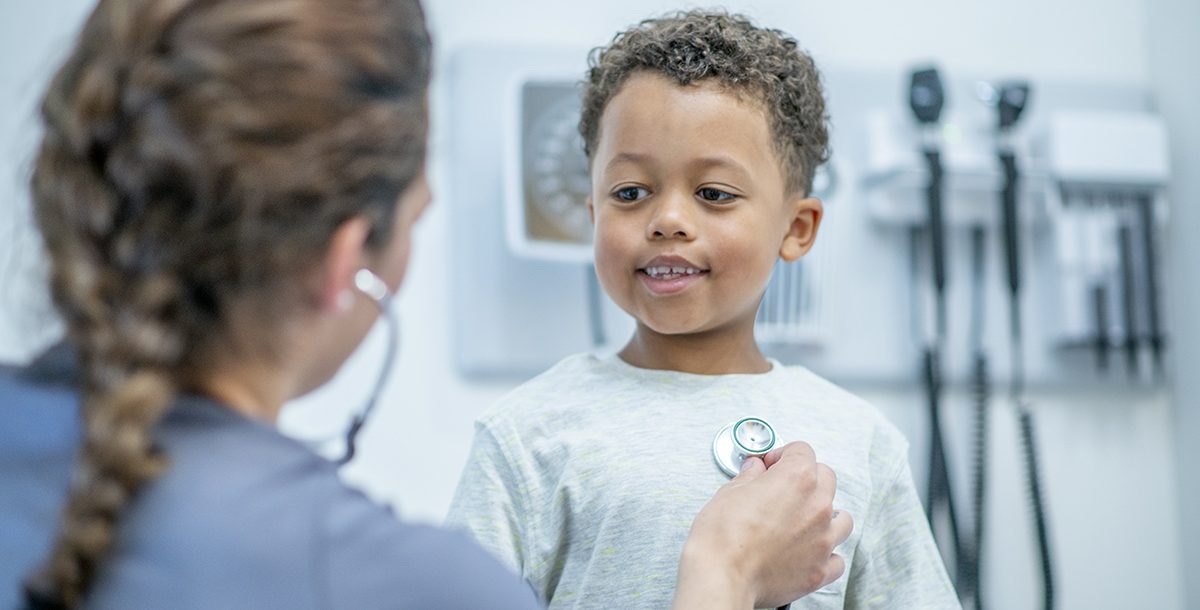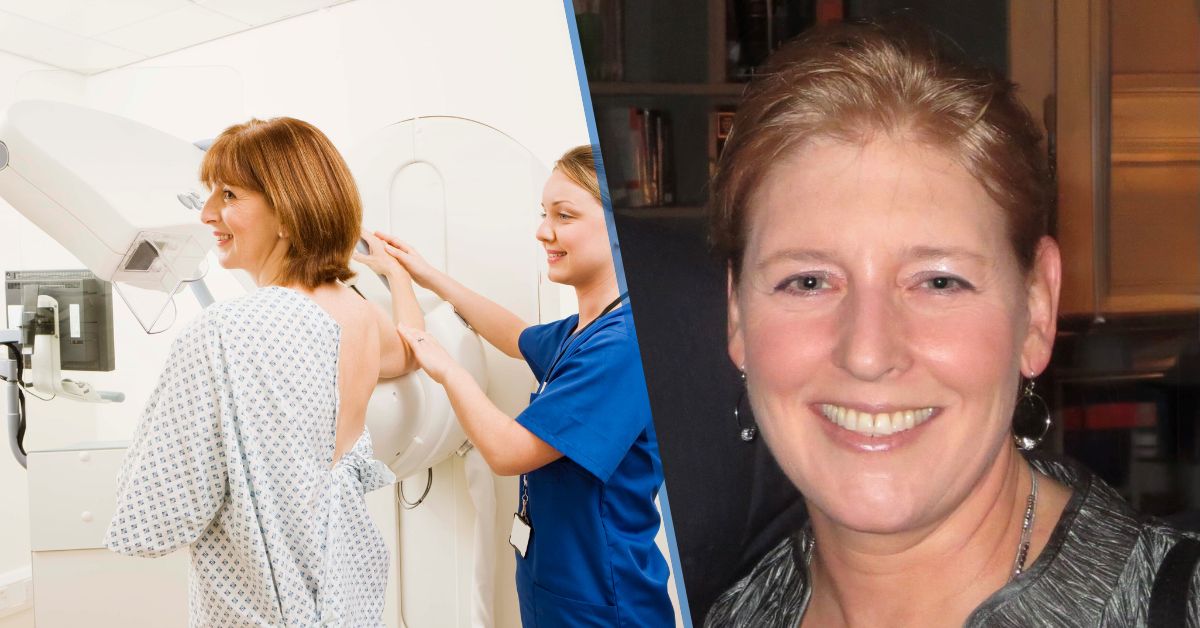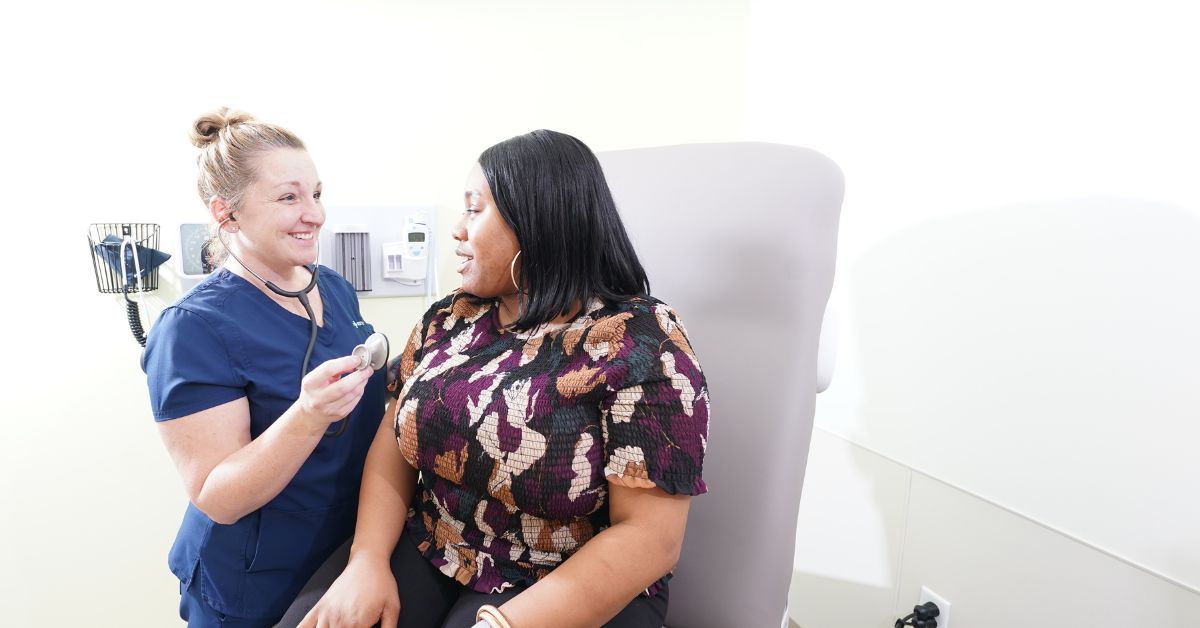The Centers for Disease Control and Prevention (CDC) issued a health advisory in June for the unexpected spread of Respiratory Syncytial Virus Infection (RSV) occurring in the southern states.
RSV usually spikes during the fall and winter months, and in April 2020 RSV activity did decrease, according to the CDC. The decrease in RSV cases was most likely a result of the public health measures that were in place to reduce the spread of COVID-19.
RSV cases remained low from May 2020 to March 2021, but at the end of March the CDC noticed an increase in RSV detections. Because of reduced cases during the winter months of 2020 to 2021, infants and toddlers may now be at a higher risk of contracting RSV due to limited exposure during the past months.
In our pediatric practices across the Richmond, VA area, we are seeing an increase in RSV cases.
Here are our recommendations for parents who suspect their child might have RSV:
- Parents should be on the lookout for symptoms including runny nose, decreased appetite, coughing, sneezing, fever and wheezing.
- Young infants may only show symptoms of irritability, less activity and troubled breathing.
- Symptoms of RSV do not usually occur all at once, but in stages. Most doctors say symptoms of the virus can last from one to two weeks on average.

There is no specific treatment for RSV, but parents can use at-home treatments to help reduce their child’s symptoms. At home treatment options can include using a humidifier, giving the child plenty of liquids and giving acetaminophen to help reduce a fever.
However, parents should first contact their pediatrician to find out the best course of RSV treatment for their child.
“This is something that typically affects infants and premature babies more severely,” Philip Valmores, DO, with Bon Secours Pediatrics of Richmond. “So, if your child is sick, it’s important that they stay home from daycare. We treat the symptoms from home, and of course, if it gets to the point where they become sicker, or they’re having trouble breathing or trouble feeding, at that point, we need to see them in person.”
In order to help reduce the spread of RSV, the CDC recommends covering your coughs and sneezes with a tissue, washing your hands with soap and water, avoiding close contact and cleaning frequently touched surfaces.
Learn more about the pediatric services we offer at Bon Secours.




